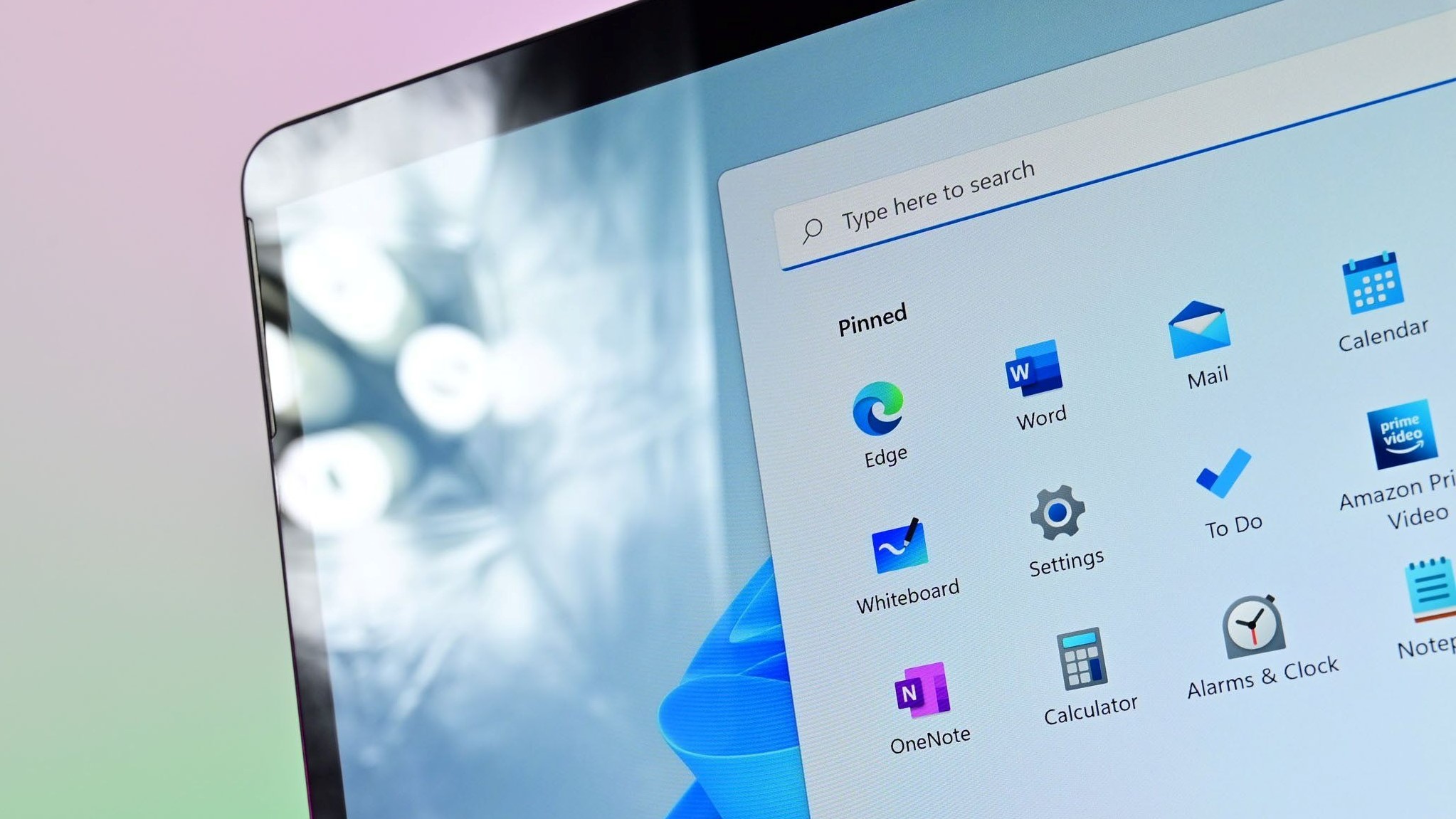Why Apple TV is a threat to Xbox's position in the living room
When asked about his initial reaction to the iPhone, former Microsoft CEO, Steve Ballmer, laughed. He mocked its lack of a keyboard, the $500 price tag, and he boasted about the millions of phones Microsoft was selling.
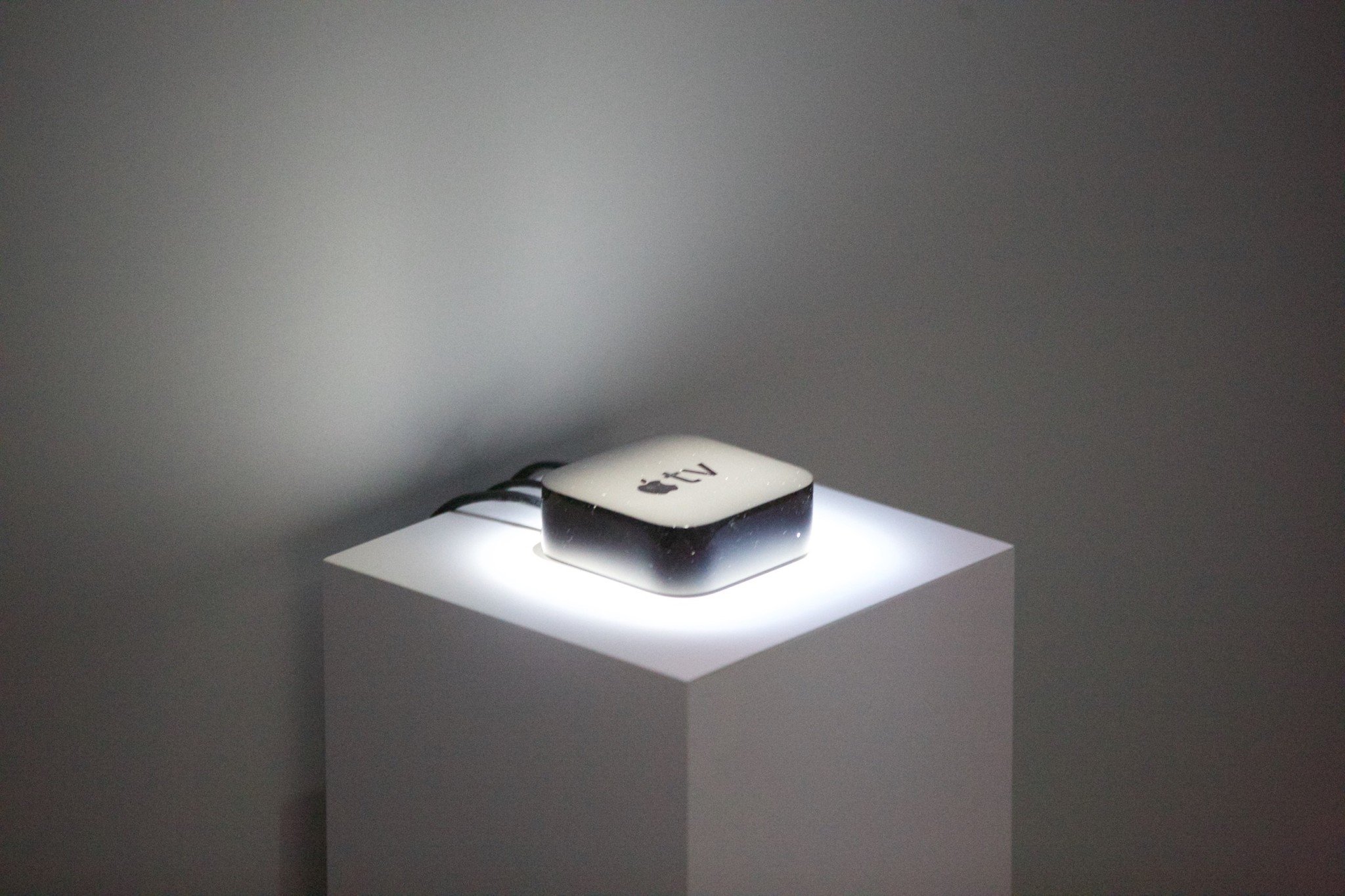
The incumbent was confident. Overconfident. Oh, how the mighty have fallen.
Individuals and multibillion-dollar firms can learn from past mistakes. Experience is a brutal teacher. Yet if the chastisement of past failures is endured there is sometimes a chance at a do-over. One must simply recognize the opportunity.
Prime time
Apple sold 25 million Apple TVs while they considered it a hobby (2007-present). Now with the tvOS developer's platform and a refreshed UI they're serious about the living room. Microsoft needs to take this seriously. If hubris prevents this, they may find their formidable Xbox boxed out of the living room. Not that Apple TV and Xbox are the same type of devices competing for the same audience. They are not. They are, however, competing for the same space.
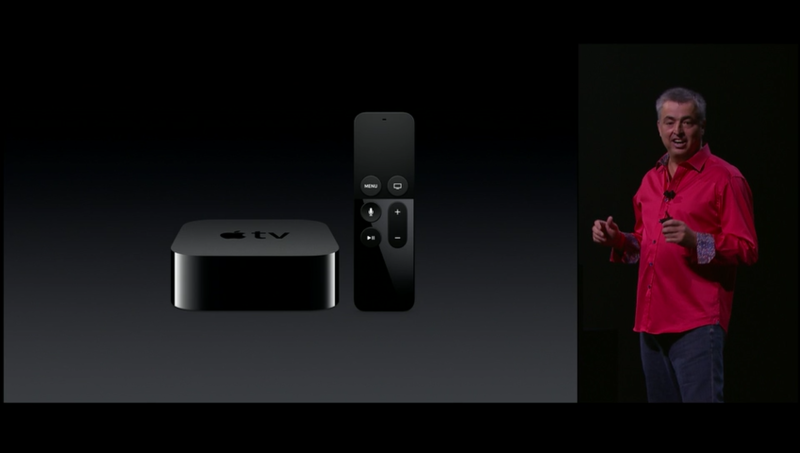
Ecosystem builders
When Apple introduced the iPhone in 2007, they didn't just introduce a phone. They introduced an entire infrastructure of partnerships and eventually a dedicated app store that forged the basis of an ecosystem to support this device.
My daily driver at that time was a Cingular 2125. A candy bar shaped, keyboard-equipped smartphone running Windows Mobile 5.0. I had movies, documents, pictures and apps on the 1GB memory card housed behind the battery. I frequented various sites to download apps and hacks available to Windows Mobile users.

I mocked the iPhone. My device, unlike the iPhone, could send MMS messages, copy and paste and at the time had more apps available for it than were available for the fledgling Apple product. I suppose I saw what Ballmer saw.
I did sense a danger in Apple's organized approach, however. The phone was only the tip of the iceberg. The foundation of a powerful and broad ecosystem lurked beneath the surface. When Microsoft and its fans collided with that reality, the loss was titanic.
Get the Windows Central Newsletter
All the latest news, reviews, and guides for Windows and Xbox diehards.
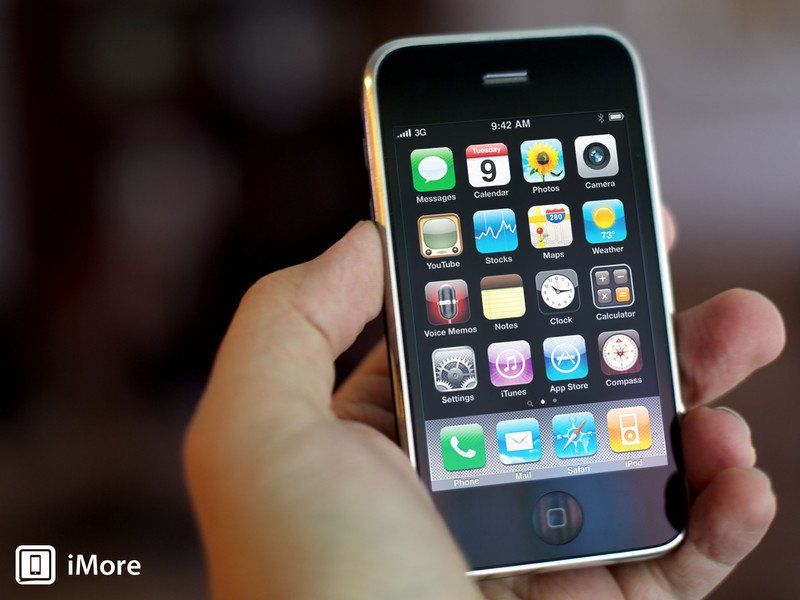
System builders
Apple had positioned the iPhone as a portal to a new way of mobile computing. It was simplistic really. Apps. The bevy of keyboard bearing devices popular at the time were focused on getting things, like email and messaging, done with the use of the keyboard. Yet, omitting the keyboard made the iPhone's display an attractive portal to what Apple was really offering. Namely an unobtrusive way of accessing apps and thereby getting far more than email and messaging done on a smartphone.
To this end, Apple built an infrastructure of alliances with developers and a centralized app store from which to distribute their apps. The iPhone's home screen became a simple user-friendly platform where those apps were displayed to and easily accessed by users. This was an efficient system that gave developers an incentive to develop for Apple. Their apps would be easily accessed from the store and highly visible on user's home screens.
This was a stark contrast to Windows Mobile's initial lack of a centralized store and the clumsy way in which apps were hidden behind layers of the UI. Criticisms that the iPhone was just an app launcher abounded. I echoed those words myself. But the device was exactly what Apple purposed it to be.
The iPhone was a vital bridge in an ecosystem that brought developer's content directly to users.
Now, after eight years, with hundreds of millions of iPhones and iPads sold to dedicated fans, 19 million developers and an app store boasting over a million of the best mobile apps, Apple's system for building an ecosystem has proven more than successful. It is with this foundation that Apple is now declaring that the Apple TV is no longer a hobby. Microsoft needs to take them seriously. This is no laughing matter.
"It all starts by recognizing that apps are the future of television."-Apple
Let's talk.
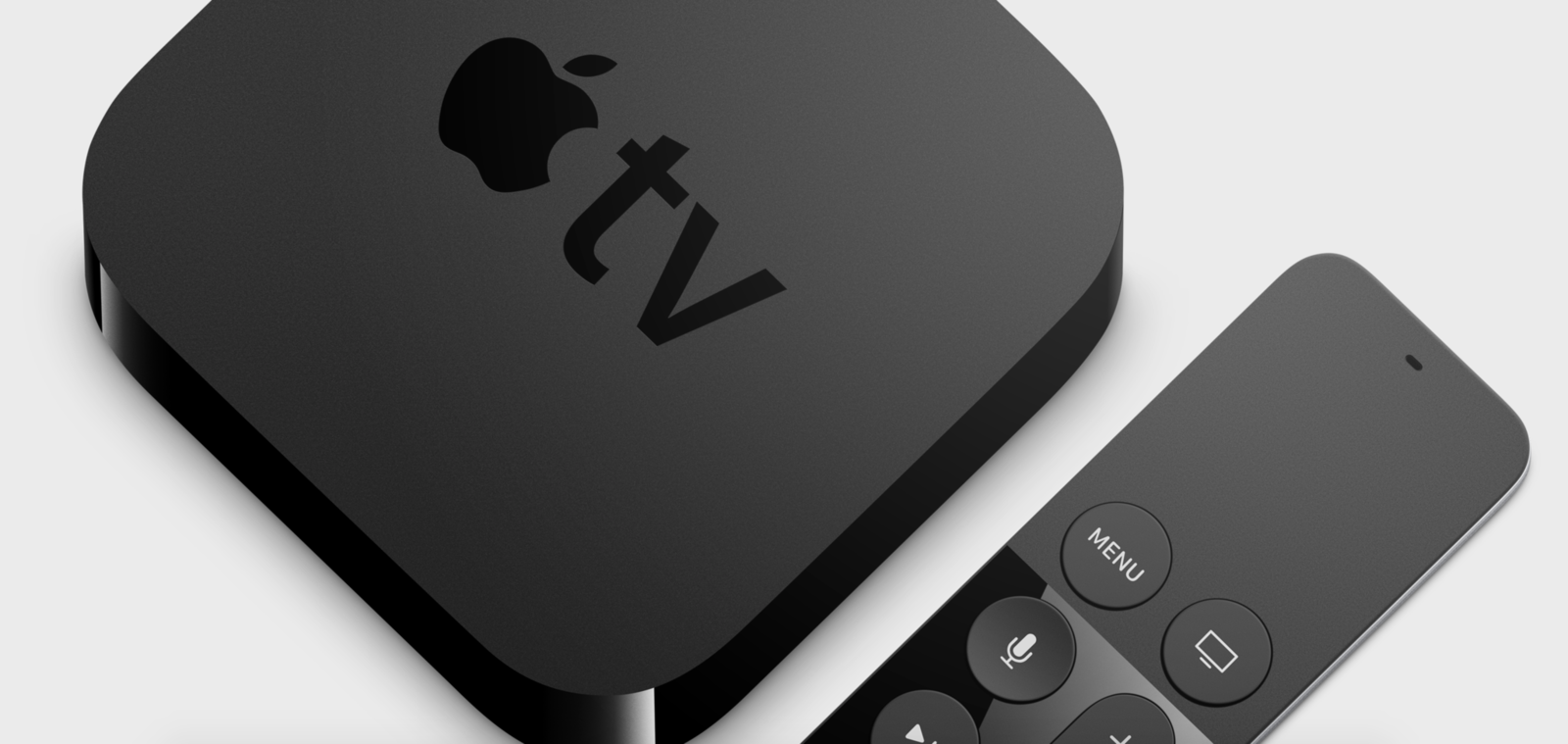
The living room
This is the prize. The living room is arguably the primary social center of our homes. Following the fireplace and radio, the television became the central object of that space. Gaming systems began their symbiotic relationship with televisions in the '70s and '80s. As consoles evolved they began playing a hybrid role of media hubs and dedicated gaming systems. This is the Xbox's position in 10s of millions of homes around the world. For a niche group of hardcore gamers, Microsoft has claimed the living room.
Apple wants in. During their "Hey Siri" event, Apple TV took center stage. We saw a Siri-enhanced navigation experience, the introduction of tvOS, a new touch controller and a peripheral focus on gaming. We even heard the words "universal apps" thrown around. Sound familiar? A user can begin a game on one Apple device and continue it on another.
I must reiterate that Apple is not positioning the Apple TV as a gaming console to compete with the Xbox. In its current iteration, that would be foolish.
Apple doesn't want to kill the Xbox. They simply want to displace it.

Two's a crowd
Apple has millions of dedicated fans and developers ready to follow where the company leads. Coupled with their undeniable marketing magic, Apples renewed push into the living room will likely yield phenomenal support.
With 60% of the company's revenue coming from the iPhone in a slowing smartphone market, Apple is internally compelled to venture into additional areas of potential growth. Additionally, Apple is pitted against Microsoft's universal Windows 10 platform which encompasses Xbox, phone, HoloLens, PC and IoT devices. Thus, Apple is externally pressured to further broaden its platform to a space beyond the phone but still connects to it and its other devices.
This is where Microsoft must remember past lessons. Redmond cannot view this scenario as a negligible threat to its living room position. Apple TV is Cupertino further positioning itself for success in an industry that is becoming more platform rather than device-centric.
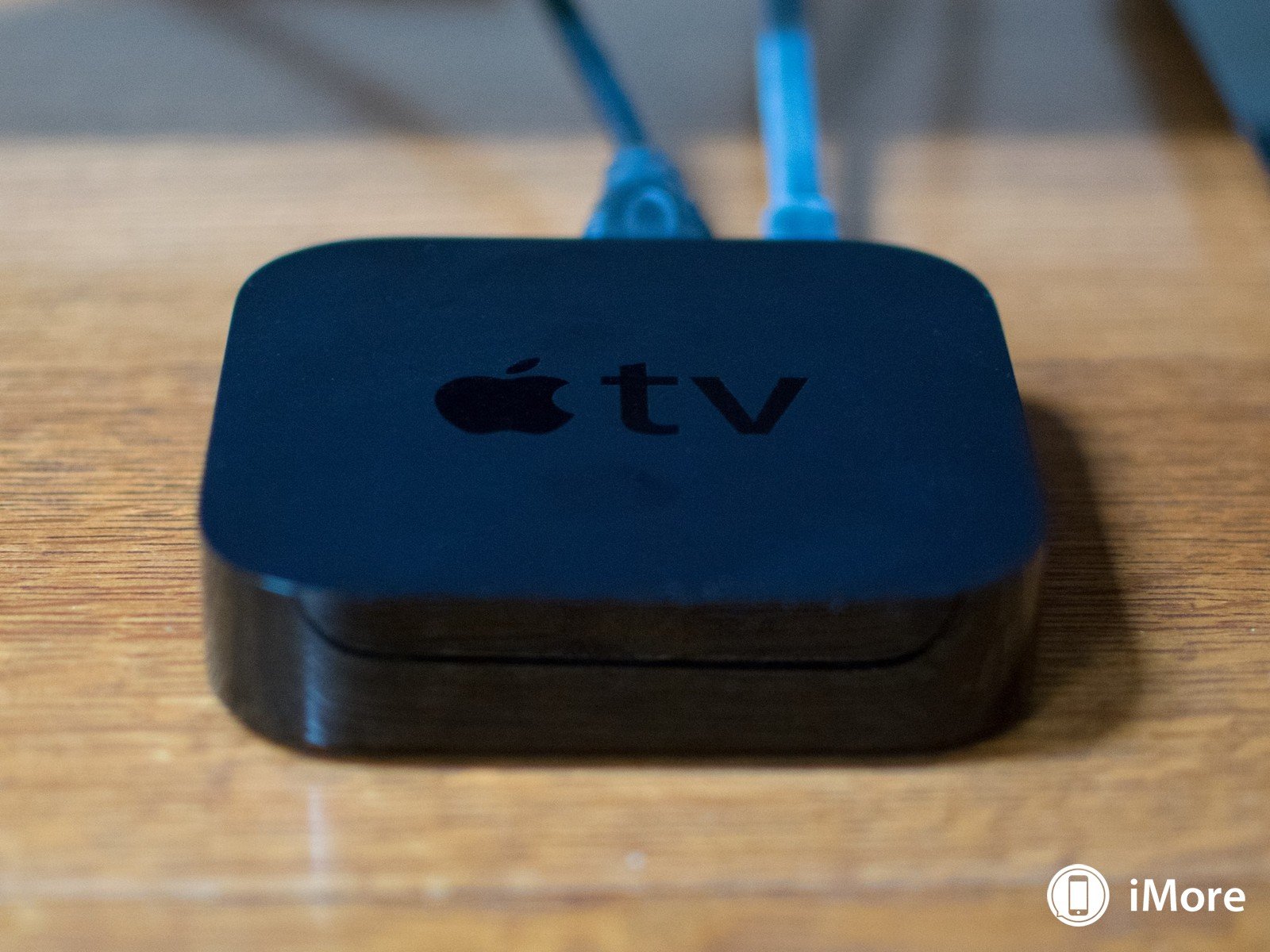
As the Apple TV's core function is media consumption while the Xbox's is gaming, the Apple TV has an inherent advantage to what device consumers will likely choose as their living room's media hub. The television for media consumption is still the primary object in our living rooms. Gaming in that space is a secondary activity.
Apple will be aggressively pushing a device into that space that has a primary function of fulfilling the primary activity for that space.
As such it will likely appeal to a much wider audience than the gaming focused Xbox.
For Apple fans, cord cutters, and others looking for alternate methods of consuming content, the $169 - $199 price tag of the Apple TV is far more accessible than the $349 price of the Xbox One. Its smaller footprint in comparison to the robust dimensions of the Xbox One also makes it more appealing as a living room hub for many.

Game on
Sure there won't be any Metal Gear Solid 5 type titles gracing the Apple TV anytime soon. But with Apple's relationship with the developers who create the most polished games on any mobile platform, it is certain that casual games galore will make their way to Apple TV.
Sure, some developers will forego reworking their touch focused games for compatibility with Apple TV's new controller. But with a potential audience of millions of fans of familiar iOS games, tvOS iterations of these cross-platform, socially connected titles may appeal to many developers.
Casual gamers, the Candy Crushers of the world, are the target here. This is an entirely different market than the hardcore gamers, usually males in their 20s and 30s, the Xbox serves. Casual gamers are usually older and female. Distracted toddlers as well as grandmothers trying to keep a sharp mind also fit the bill.

Some may argue systems like Roku tried and failed to mainstream casual gaming. This is true, but they're not Apple. As frustrating as it is for Microsoft fans when Apple moves, the industry often follows.
So with the Apple TV's deliberate positioning as a living room hub and its subtle approach to casual gaming, Apple is leveraging the device as a platform to provide users easy access to the content of potentially millions of dedicated developers.
Just as they did with the iPhone.
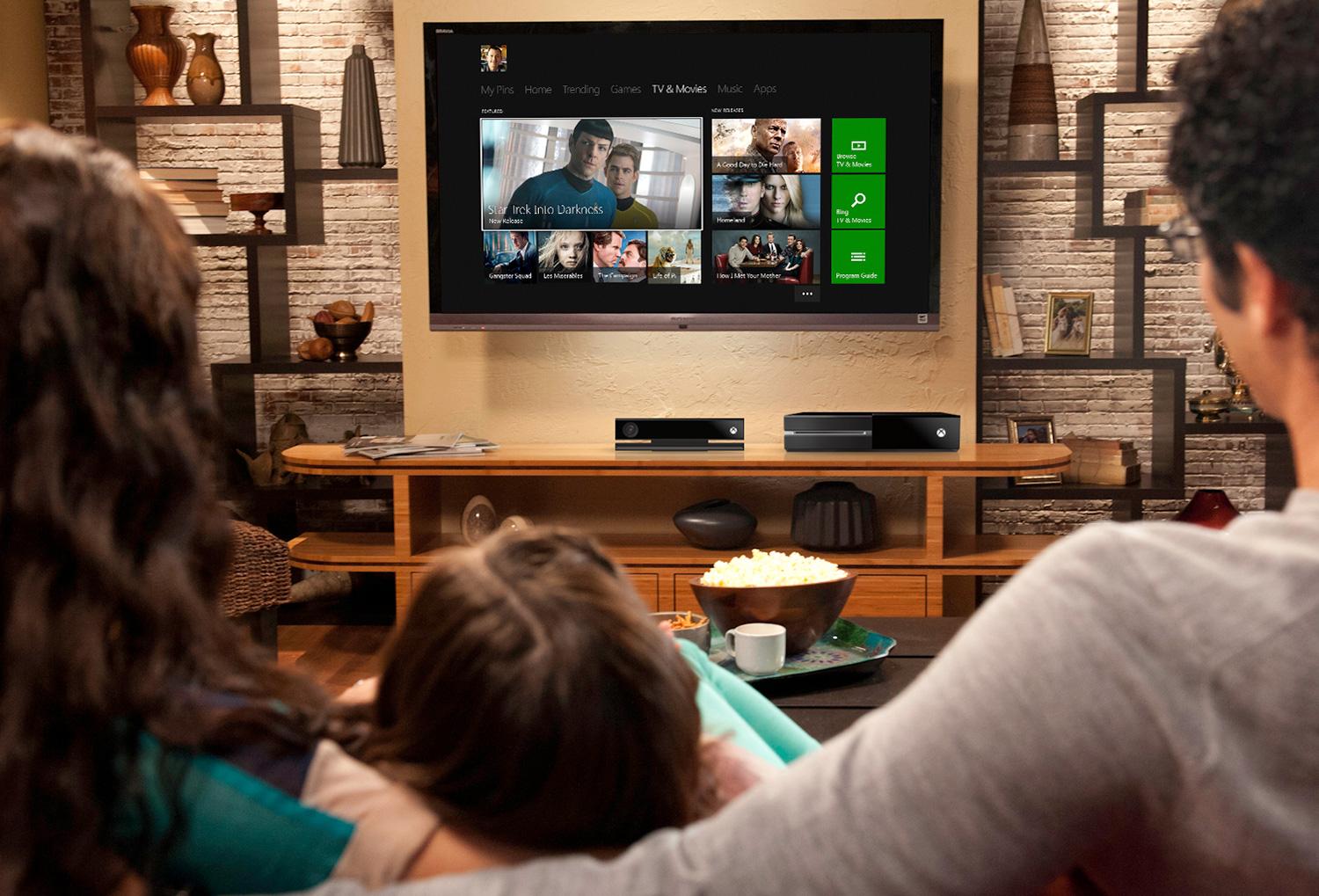
Family matters
When deciding on what device will rule their living rooms, families will be pondering their options with the weight of Apple's brand and marketing working to seduce them. Additionally, women, the target demographic for casual gaming are usually the members of the household with the greatest influence on the aesthetics of the home. That said, the petite Apple TV will likely appeal to the lady of the house.
The Apple TV may not kill the Xbox, but it may displace it. The Xbox may be ousted from the living room to the man-cave in favor of Apple's TV. If it remains alongside the Apple TV, the gaming focused Xbox may be sparingly utilized as the family frequently interacts with the media focused Apple TV.
For the gamer in the home, that may not be a big deal. They'll "game" just the same. But for Redmond's goal to rule the living room, that's a massive blow. For Microsoft fans, it will be yet another loss.
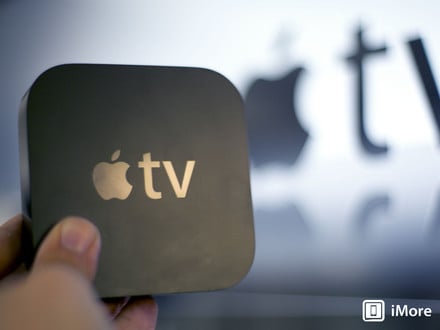
Iteration
When the first iPhone launched, it was ridiculed because of its technological limits in comparison to what was already in the market. But the first iPhone was about positioning the platform and ecosystem. Once positioned, Apple iterated. Eight years later the iPhone is one of the most advanced devices in the market.
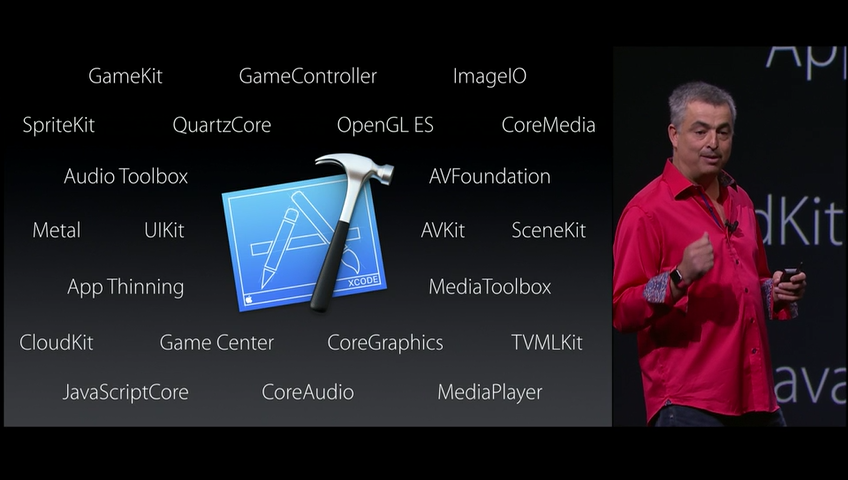
If Apple TV is successful in its renewed positioning, Apple will improve it. It will become more powerful, faster and likely offer greater capacity for more intense gaming. Developers will likely have opportunities to develop more advanced games for their vast audience of "non-hardcore" gamers. Who knows where it will go from there.
It may never become a "Xbox rival" but it may become a mainstream gaming system for a much broader audience of casual and mid-core gamers. It'll compete by not competing.
Mass appeal
I acknowledge that Xbox allows users a great voice-enhanced media experience with Kinect (soon Cortana).
Quite honestly Xbox is a media beast!
The problem is that it is a gaming console first. Consequently, those who benefit from its media prowess is niche.
By contrast, Apple TV is targeted at everyone who watches TV. The strength of Apple's approach is that their efforts will mainstream the experience whereas Microsoft's is limited. Sounds like what happened in smartphones.
Sadly Apple has usurped Microsoft's position in smartphones and automobiles. Now they're positioning themselves to do the same in the living room.
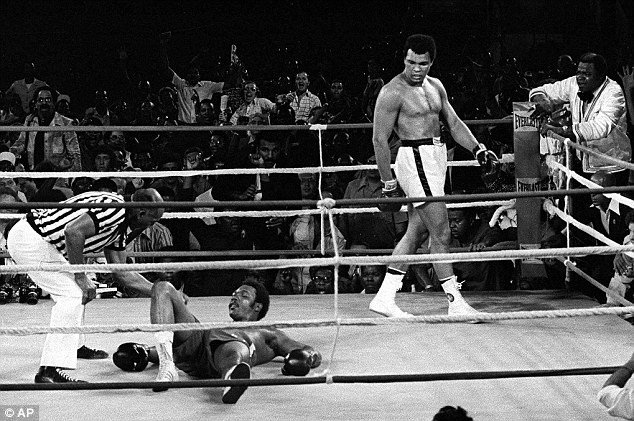
Wrap up
Microsoft must indeed watch Apple. But not passively as one might watch say, an Apple TV. They must watch them as a champion fighter seeking to defend his title watches his opponent at the height of the title bout. Microsoft needs to bob and weave while it anticipates its opponent's moves and aggressively seeks and takes opportunities to strike.
Windows 10 is coming to Xbox. There are opportunities there to add cross-platform casual gaming to its repertoire. A smaller Xbox, though recently refuted, could answer the issue of aesthetics. If either or neither of these is done, Microsoft's brutal experience in missing what Apple was doing in smartphones should have at least taught them the following. If they want to remain a central part of the living room, the one thing they can't do is nothing.
Share your thoughts!
Jason L Ward is a columnist at Windows Central. He provides unique big picture analysis of the complex world of Microsoft. Jason takes the small clues and gives you an insightful big picture perspective through storytelling that you won't find *anywhere* else. Seriously, this dude thinks outside the box. Follow him on Twitter at @JLTechWord. He's doing the "write" thing!

